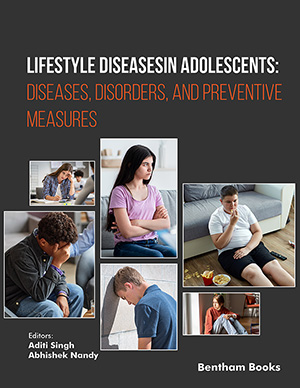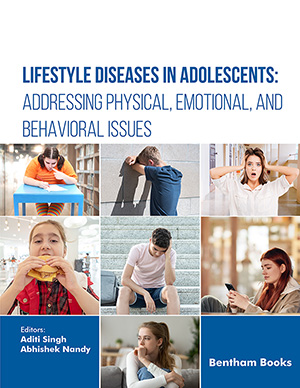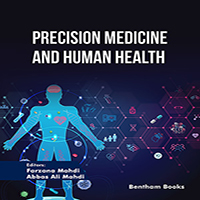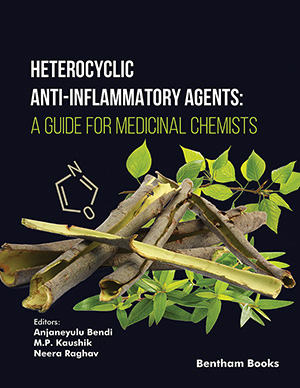Abstract
Background: Immune checkpoint inhibitors (ICIs), as novel antitumor drugs, have been widely used in the clinic and have shown good antitumor effects. However, their widespread use has also led to the emergence of various immune-related adverse events (IrAEs). Hypophysitis is a rare but serious IrAE. Due to its complex and changeable clinical manifestations, hypophysitis may be easily overlooked, leading to delayed diagnosis and treatment.
Case Presentation: A 68-year-old male patient was diagnosed with bladder cancer (T2bNXM0) in October 2021. He received two cycles of immunotherapy with sintilimab and chemotherapy with gemcitabine and cisplatin (GC). One month after the second treatment, he gradually developed recurrent fever, anorexia, drowsiness, and delirium. Laboratory examination revealed hyponatremia, decreased adrenocorticotropic hormone, and hypocortisolemia. The pituitary MRI showed no abnormality. The patient was diagnosed with immunotherapy-induced hypophysitis (IH) caused by sintilimab, leading to downstream endocrine disorders. With hormone replacement therapy, he was in a good mood, had a good appetite, and made an overall recovery.
Conclusion: Immunotherapy-induced hypophysitis (IH) can result in a severe adrenal crisis, and prompt recognition and diagnosis are crucial. Clinicians must remain vigilant for the possibility of IH in patients who exhibit recurrent fever, anorexia, cognitive decline, and personality changes following ICI treatment. It is imperative to consider this diagnosis early to initiate appropriate management promptly.
Keywords: Immune checkpoint inhibitor, sintilimab, immune-related adverse events, hypophysitis, isolated ACTH deficiency, anorexia, drowsiness.
[http://dx.doi.org/10.1186/s12964-022-00854-y] [PMID: 35392976]
[http://dx.doi.org/10.1038/s41571-022-00600-w] [PMID: 35082367]
[http://dx.doi.org/10.1080/17446651.2019.1701434] [PMID: 31842671]
[http://dx.doi.org/10.3389/fonc.2020.594558] [PMID: 33324564]
[http://dx.doi.org/10.1186/s12943-021-01489-2] [PMID: 35062949]
[http://dx.doi.org/10.3389/fonc.2021.736955] [PMID: 34604074]
[http://dx.doi.org/10.1001/jamaoncol.2020.0726] [PMID: 32297899]
[http://dx.doi.org/10.1186/s13613-019-0487-x] [PMID: 30707321]
[http://dx.doi.org/10.1530/ERC-21-0228] [PMID: 34609950]
[http://dx.doi.org/10.1016/j.beem.2021.101601] [PMID: 34876362]
[http://dx.doi.org/10.1055/a-0843-3366] [PMID: 30861560]
[http://dx.doi.org/10.1016/j.ctrv.2017.06.002] [PMID: 28689073]
[http://dx.doi.org/10.1007/s00432-023-04659-5] [PMID: 36869230]
[http://dx.doi.org/10.21873/anticanres.11814] [PMID: 28739711]
[http://dx.doi.org/10.1530/ERC-20-0513] [PMID: 33890870]
[http://dx.doi.org/10.1016/j.annonc.2022.10.001] [PMID: 36270461]
 26
26 1
1


























